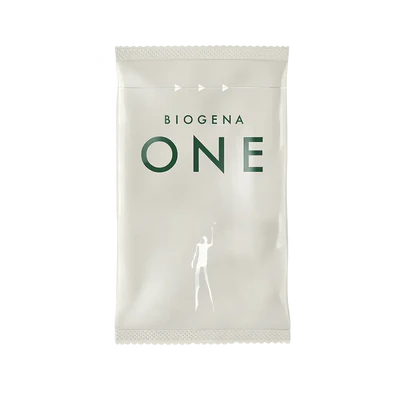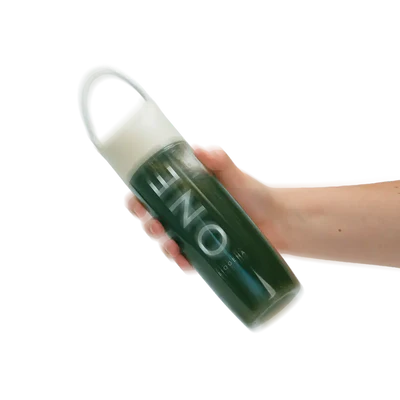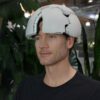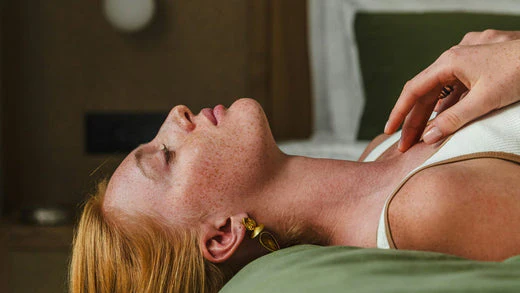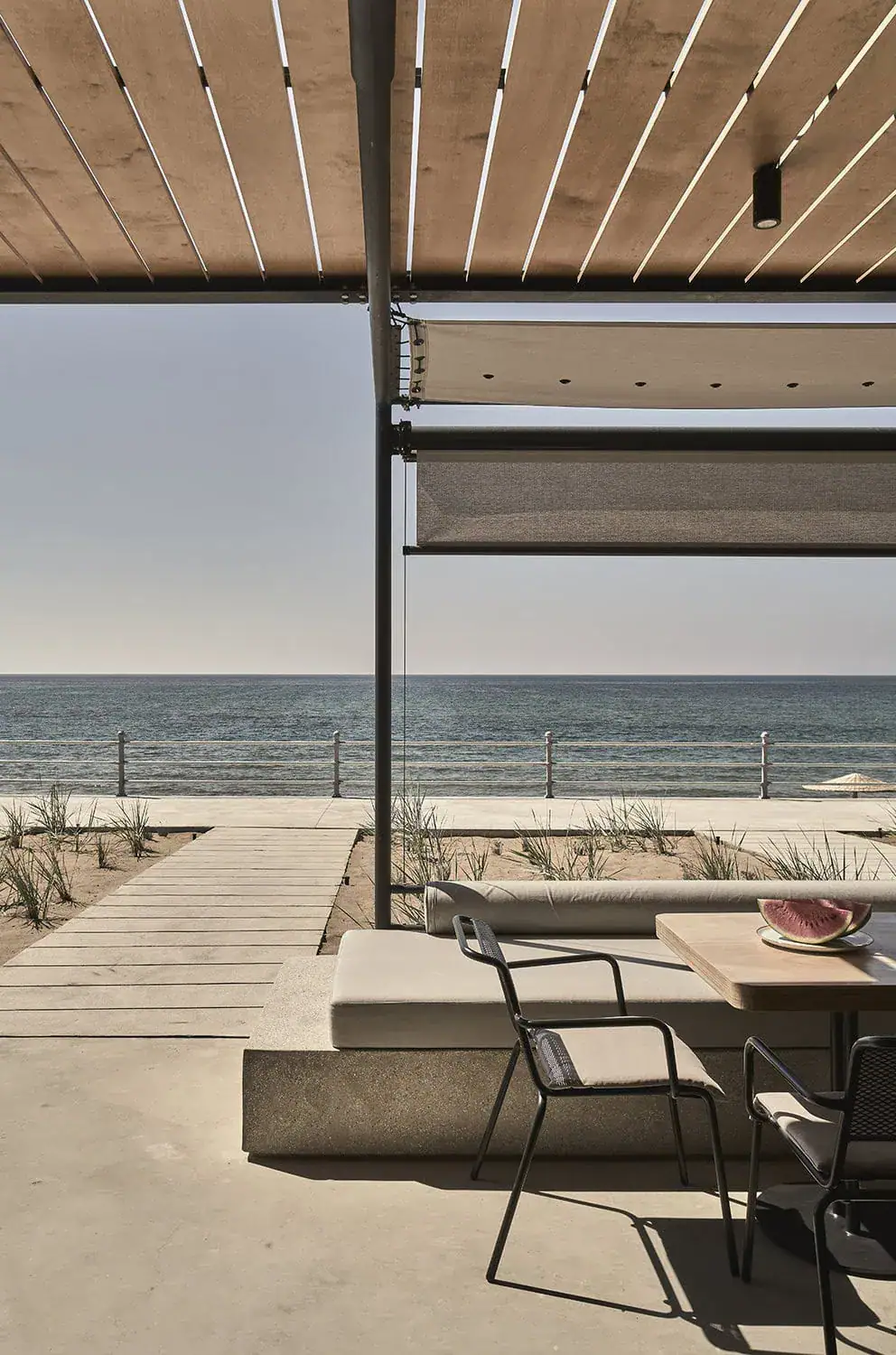Why biohacking isn’t just a tech trend, but common sense with a system
Martin Gratzer says things that stick with you. Like: “If you’re stressed because you’re trying to squeeze in the next biohack, something’s wrong.” A former top athlete, banker, and now CEO of Biogena ONE, he knows what he’s talking about. For him, biohacking isn’t an exclusive tech hype, but a toolbox of old, proven methods – reinterpreted for modern life.
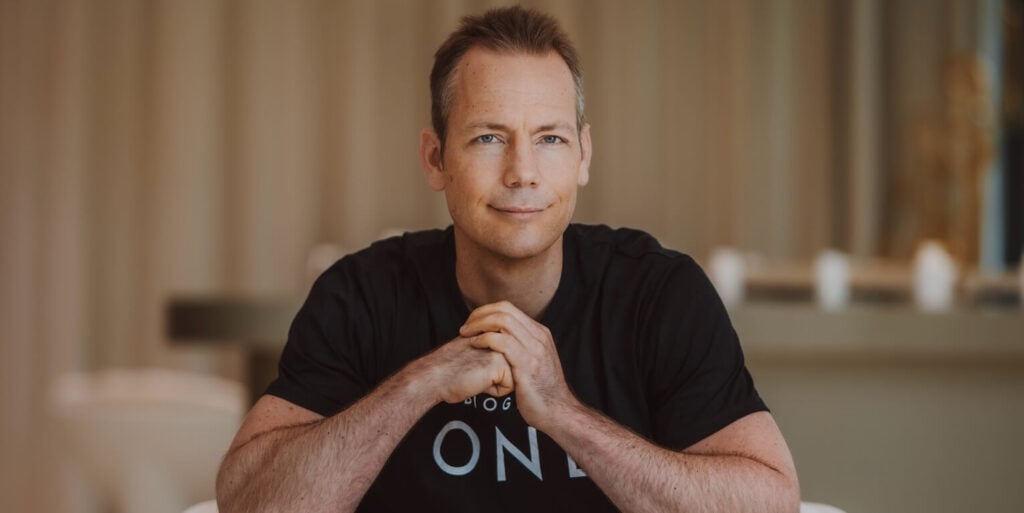
Basics before gadgets
Before biohacking became a buzzword, it was simply called training optimization. Today, the term hovers somewhere between Silicon Valley gadgets, supplements, and self-tracking. But Gratzer brings the focus back to what truly matters: sleep, nutrition, movement. “Biohacking doesn’t start with cryotherapy or sleep trackers,” he says. “It starts with the question: Did you sleep well? Did you move? Did you see daylight?”
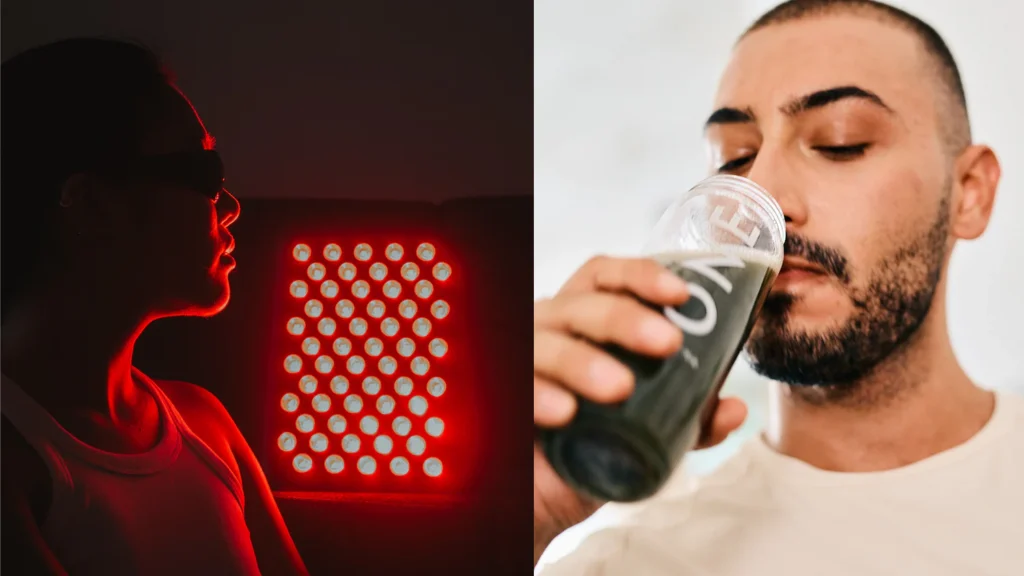
Stress: the silent saboteur
For Gratzer, chronic stress is one of the strongest accelerators of ageing. It weakens the immune system, hormones, and sleep quality. Biohacking should counteract this – not create more stress. His principle is simplicity. Don’t install high-tech insulation in a house with no doors. Or, in his words: “If you’re tired, rest. Don’t just cover it up with espresso.”

Kaizen: small steps with big impact
Gratzer lives by the Japanese Kaizen principle – small, continuous improvements. “We start with breakfast. Two weeks. Then comes the next step.” Nutrition, for him, means less dogma, more variety. More vegetables, less processed foods, enough protein as a long-term investment in health – and above all: no rigid daily meal plans, but diversity to nurture the microbiome.
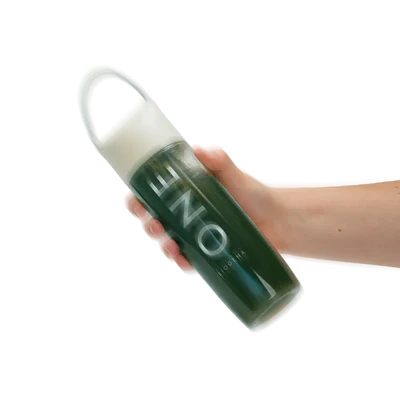
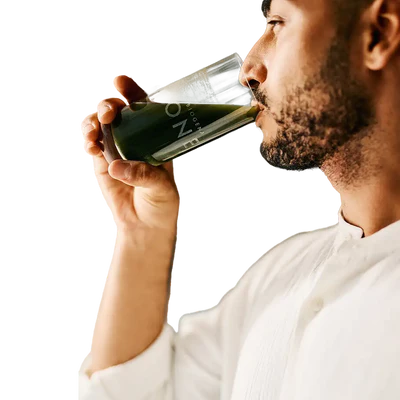
Movement as the key to independence
His favourite example? The deep squat. “If you can lower into a deep squat with stability – heels down, no tipping back – it shows mobility, balance, and functional health. In Asia it’s daily life; here, many can’t do it anymore.” A simple yet powerful indicator of long-term mobility and independence.
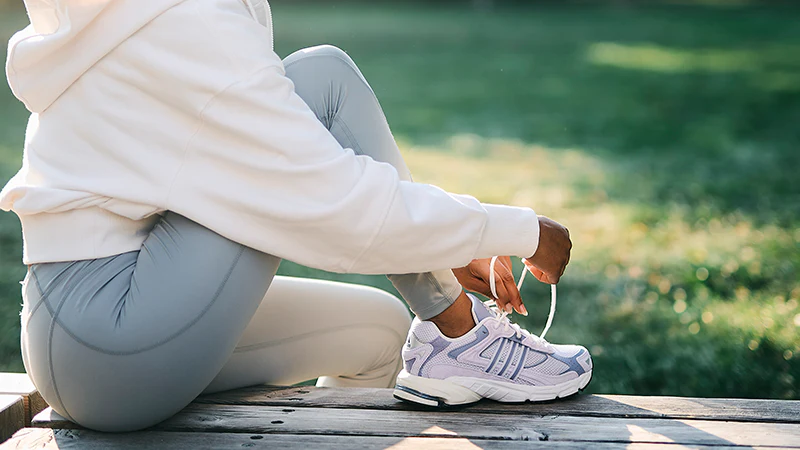
Biohacking: not a competition, but intentional living
For Gratzer, biohacking isn’t an end in itself. No radical gene editing, no testosterone shots. Rather, it’s about realigning the body with what it evolved to handle: light, cold, rhythm, movement. Everything we now call a “biohack” was once just daily life.
In the end, one question remains – one that says more than any smartwatch:
Can you still squat down?
